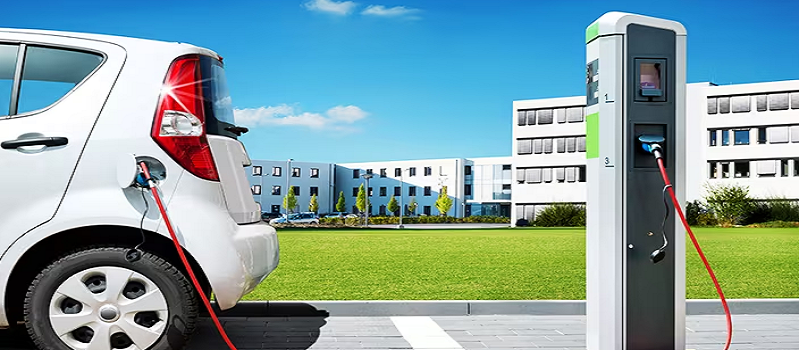
Electric vehicles (EVs) aren't just a cool trend anymore; they're zooming into the mainstream. We see them more and more on the streets, charging stations are popping up, and even your grandma might be eyeing one!
Why the big fuss? Well, they're sleek, they're clean, and let's not forget, they're pretty kind to Mother Earth. But before you let your dreams go from zero to sixty, let's hit the brakes for a second.
Buying an EV isn't just about choosing the colour or the brand; it's about the numbers, too.
Finances are a big slice of the pie here. EVs can come with a higher price tag upfront, but you've got to weigh that against future savings. Imagine cutting gas out of your monthly budget or landing tax credits just for going green. Not too shabby, huh?
Be as keen about your budget as you are about those nifty electric features. Your dream ride is totally within reach. Just make sure you're in the financial driver's seat!
One of the coolest things about electric cars today is that they come in all shapes, sizes, and, yes, budgets! Gone are the days when going electric meant breaking the bank.
So, what's the deal? You've got options from high-end Tesla models to more budget-friendly options like the Nissan Leaf. Let's break it down a bit.
Sure, you've eyed a car that fits your budget, but have you considered the extras? Maintenance, charging equipment, and insurance—all these add up.
If you’re in Ireland and considering an EV, unsecured loans in Ireland are worth exploring. Why? You're not tying the loan to the car, which offers a bit more financial freedom.
The Irish market has plenty of options for unsecured loans, ideal for those who might not want to use their new electric ride as collateral.
So, you're set on joining the electric wave, but there's a fork in the road: to lease or to purchase? Both have pros and cons, and it really boils down to what you're comfortable with—both lifestyle-wise and financially.
Let's dig in to see which route might be your highway to electric happiness.
Hey, so you've picked between leasing and buying. What's next? Money matters, of course. Financing is like a buffet; there are lots of options, but what will satisfy your appetite?
Being jobless doesn't mean you're out of the electric game. Some lenders specialise in car finance for the unemployed in Ireland.
Choosing between leasing and buying is no small decision. It's like picking a lane on a fast highway. Remember, you have options whether you're employed or job-hunting in Ireland or anywhere else. The electric future waits for no one, so make your pick and ride on!
Additional Costs to Consider
You know, those costs that don't make the flashy sales brochure but still matter? Understanding them can mean the difference between a smooth ride and a bumpy one.
Ready to roll with the electric tide? It's fantastic, but remember, joining the electric revolution is as much about financial smarts as eco-friendly choices.
Going electric is about more than just the cool factor or reducing your carbon footprint. There's a behind-the-scenes money story you need to tune into.
The up-front costs, yes, they might be high. But that's just one chapter. Don't forget to read up on things like tax credits and long-term fuel savings. You'll be amazed at how much you can save by not having to pump gas every week.